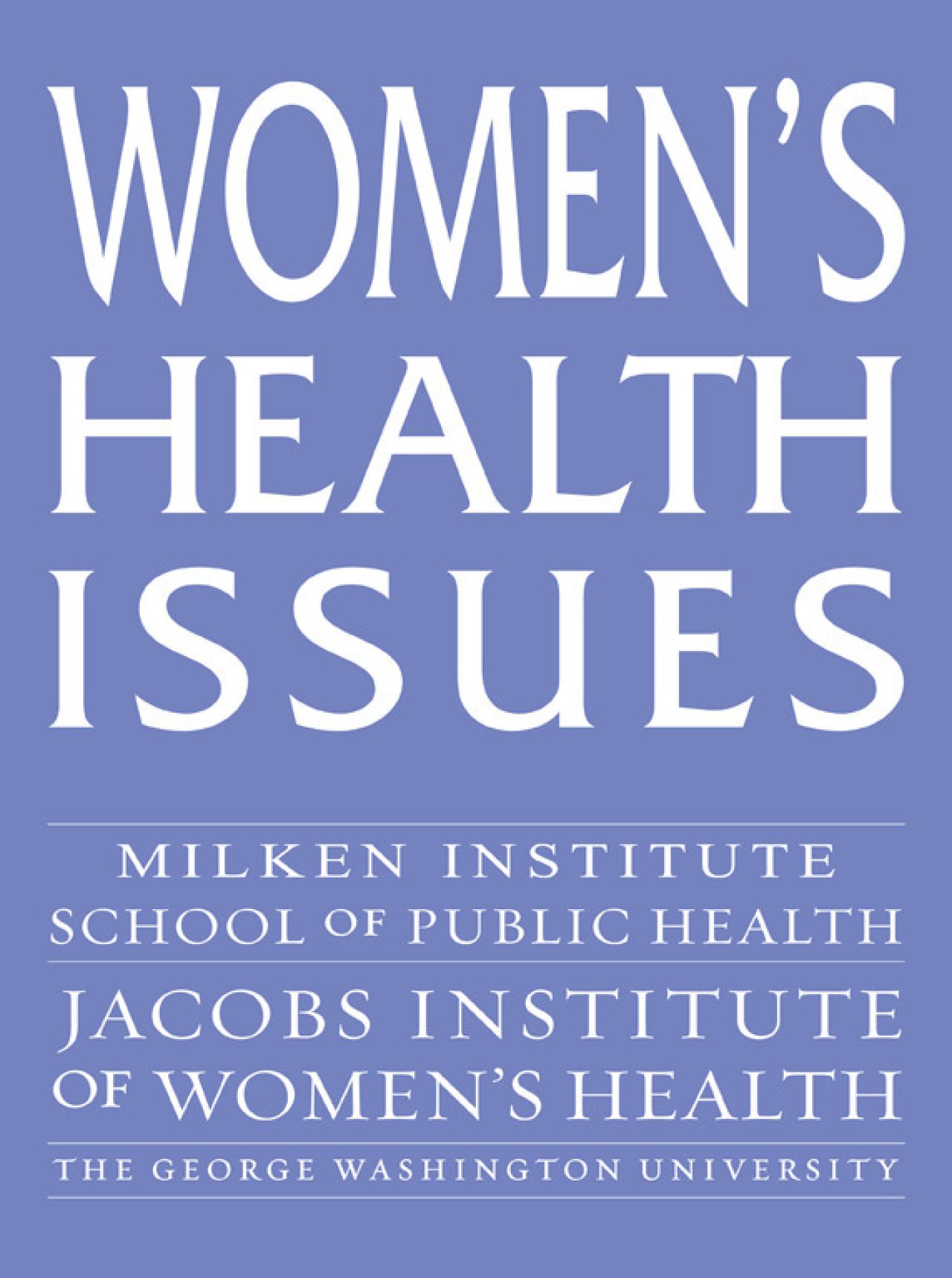Opioid use disorder increases risk for severe maternal morbidity regardless of race or ethnicity

A new study by a group of Massachusetts collaborators published in Women’s Health Issues finds that opioid use disorder increases the risk of severe maternal morbidity regardless of the birthing person’s race or ethnicity, suggesting a need for early intervention during pregnancy for all with the disorder.
Although non-Hispanic Black and Hispanic individuals overall are at higher odds of experiencing adverse outcomes, among people with opioid use disorder, the odds were not significantly different for people of color versus comparable non-Hispanic white individuals.
For the study, researchers from the Betsy Lehman Center for Patient Safety, Massachusetts General Hospital, Boston Medical Center and Johns Hopkins University examined data from all Massachusetts births between 2016 and 2020 (N = 324,012). Using the Center for Disease Control and Prevention’s list of 21 indicators, they identified all cases of severe maternal morbidity (except transfusion) for those diagnosed with and without opioid use disorder (OUD) and adjusted for hospital and patient characteristics, including race and ethnicity.
First author Godwin Osei-Poku, M.D., Dr.P.H., noted, "This is the first study in Massachusetts to critically examine the unique risk of poor outcomes faced by people with OUD during childbirth. Our findings suggest that people with OUD are a special population that should be prioritized for early intervention during pregnancy." Dr. Osei-Poku is Associate Director of Research at the Betsy Lehman Center.